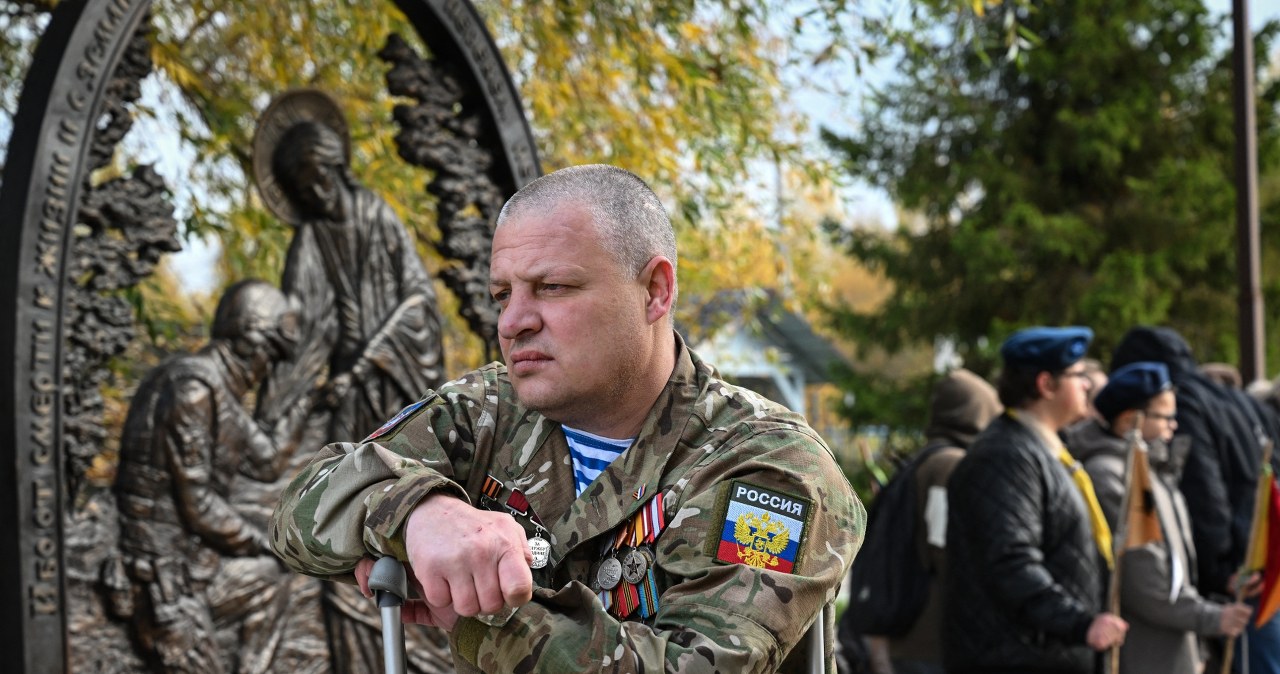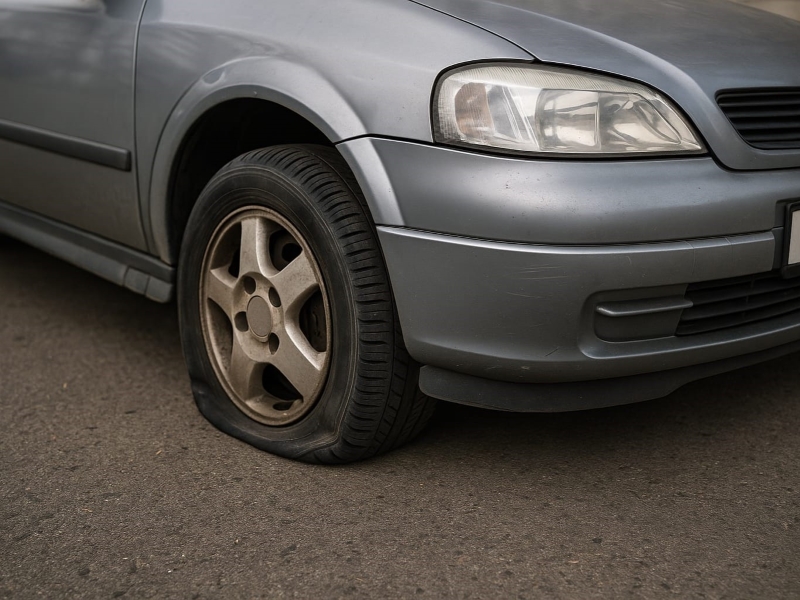Volyn – crime without perpetrators and punishment part 1
date: November 07, 2023 Editor: Editorial
The editorial thanks the author for sending an interesting paper on the Volynsk Crime and legal aspects of punishing guilty genocides in Poles.
On the following Mondays, 3 parts of this extended survey will appear.
.jpg)
Part I. Fulfillment of the genocide by Ukrainian nationalists in Volyn and legal ban on questioning their “herocracy” in Ukraine.
On Sunday, July 9, 2023, at the Monument of the Unknown Soldier, I listened to a speech by Grzegorz Braun, who stressed that the Ukrainian genocide in Volyn should be assessed not only on the historical and publicist level, but besides on the legal level.
Of course, I cannot disagree with Mr Braun's message that the crime of genocide is not a statute of limitations, as this is due to Article 105(1) of the Criminal Code.
The Polonia Christian portal, following the "Rzeczpospolita" project, suggested that speaking on the legal way would affect reparations from Ukraine, but on the net I did not find any closer information from Mr Braun himself to confirm that this is about reparations. [https://pch24.pl/polska-should-wstapic-na-drge-legal-gragorz-braun-domaga-sie-deprived-za-rzez-wolynska/ ]. However, I have remembered that Mr Braun demanded judicial, police and prosecutorial proceedings, namely those where individuals (the accused, the fishy and the injured) are parties, alternatively than countries that could possibly receive reparations.
Ukrainian genocide in Volyn under resolutions of the Sejm and global law
The fact that Ukrainians committed genocide is indisputable. On 11 July 2023, on the 80th anniversary of Bloody Sunday, the Sejm adopted a resolution in which it paid tribute to the victims of Ukrainian genocide [https://www.sejm.gov.pl/sejm9.nsf/communication.xsp?documentId=9902201C2380E6D1C12589E9005F410B] The fact that the Sejm has recognised the crimes committed by Ukrainians in Volyn as genocide relieves me of the work to show in this text the signs of this crime. However, the resolution adopted this year is not groundbreaking due to the fact that the akin content already had the resolution of the Polish Parliament of 12 July 2013 on celebrating the 70th anniversary of the Volynsk Crime and tribute Its victims, among another things, stated: “In July 2013, it is the 70th anniversary of the apogee of the wave of crimes committed by the Ukrainian Nationalists and troops of the Ukrainian Insurgency Army in the east Borders of the Second Republic of Poland. The organized and mass dimension of the Volynian Crime gave it the character of cultural cleansing with the characteristics of genocide.” [https://isap.sejm.gov.pl/isap.nsf/download.xsp/WMP20130000606/O/M20130606.pdf]. In his article “Volyn. Genocide or cultural cleansing with signs of genocide?”: “The message that the act “fills the signs of genocide crime” means in the legal language that we are dealing with the crime of genocide. This is so not a “euphemism” or an effort to “distort historical truth”. Writing about “known genocides” does not indicate that we are not telling “full truths”. It proves that we talk the full fact in the legal language. Thus, in their resolution, Members said that «The organized and mass dimension of the Volyn crime gave it the character of an cultural cleansing with the characteristics of genocide» de facto considered that the Volyn crime was a crime of genocide.” https://magazynkontra.pl/wolyn-humanity-a-ethnic-o-signed-genociety/
If we accept the view of Mr Tomasz Turejko as correct and strict, it is hard to indicate the rational reasons why the MPs and the Palikot Movement voted against the amendment to the aforementioned resolution, "The Volynsk crime in Poles due to its organized and mass dimension is simply a crime of genocide", due to the fact that this amendment would have precisely the same content as the resolution which was yet adopted by the Sejm. The only explanation for the rejection of the amendment is the supposition that the vast majority of Members did not then realize the content of the resolution which it adopted, which only by failing to see gave the real, genocide of the Ukrainian crime.
The legal qualification of the Volynian Crime besides raises no uncertainty in science. Cited Tomasz Turejko in the publication of the Institute of National Memory of Monography entitled “Zrodnia Wołyńska under global law” Warszawa 2023 pp. 211 summarized the results of his research: “At the beginning of this work the question was raised whether the crime committed by Ukrainian nationalists in Volyn and in east Małopolska in 1943-1944 fulfils the signs of crimes against humanity within the meaning of public global law? Chapter 4 subsumes modern global criminal law with the facts of the 1940s. The analysis showed that the crime done by the CNS-B and UPA on the Polish civilian population fulfils the characteristics of the genocide crimes both in terms of the fundamental deeds committed by the perpetrators (actus reus) and of the peculiar intention (dolus specialis). The work besides showed that the crime was aimed at a group protected from genocide, i.e. a national group. In the legal qualification, an additional premise was taken into account — the repetition of attacks in the context of the crime committed (...). An analysis of the existence of the grounds for crimes against humanity showed in turn that the Volyn crime was committed in the framework of conscious, extended and systematic acts against the civilian population and in the implementation of OUN and UPA organisational policies. It has besides been found that the acts committed by the perpetrators bear circumstantial features from Article 7 of the Statute of the global Criminal Court. The full of it allowed to conclude that the Volyn crime fulfils the signs of crimes against humanity within the meaning of public global law."
Negotiation of heroism of UPA criminals – prohibited in Ukraine
As the 80th anniversary of “Blood Sunday” approached in July 2023, any naive journalists and politicians expected Volodymyr Zelenski to apologize for the crimes committed by UPA. These expectations were most likely not shared by politicians who shaped Polish abroad policy (president, Prime Minister, abroad Minister) due to the fact that they did not address any diplomatic note to Ukraine, but did not even announce that we would hear any apology. The awakening of the unwarranted hopes in the Nation for Ukrainian authorities to carry out an simple moral work was entrusted to inferior politicians and publicists.
The anticipation of a fair settlement with the genocidal activities of the Ukrainians by W. Zeleński or any typical of Ukrainian power was so unfounded that under the laws in force they would commit a crime of negating the heroism of the genocidal killers from UPA. On 9 April 2015, the ultimate Council of Ukraine adopted the Act on Fighters, in which members of UPA were considered to be combatants. The bill was introduced by Yuri Szuchewycz [https://tvn24.pl/world/members-upa-recognized-killers-freedom-Ukrainians-ra531874] – the boy of the commandant of UPA, who is quoted in Wikipedia: "As the chief commander of UPA, he is straight liable for accepting the Volyn massacre as a maneuver of UPA against Poles and carrying out genocidal cultural cleansing on the Polish civilian population in the Lviv, Tarnopolski and Stanisław voivodships[1], who were killed by about 100,000 people[2][3], of which 40–60,000 Poles were killed in Volyn, in the Lviv, Tarnopolski and Stanislaw voivodships from 20-25 to 40,000, and in the modern Poland from 6 to 8,000 Poles" [https://pl.wikipedia.org/wiki/Roman_Szuchewycz]
The book "Responsibility for the Negotiation of global Crimes" edited by Patrycja Grzebyk, published by Ukrainian lawyer Andrij Nekolak, entitled "Regulating Memory through work for Historical Denialism: A Case of Unlawful Standards in Ukraine", in which the author of his country's legal ban on recalling crimes committed by UPA: "The introduction into national government in 2015 by the government formed after Euromajing the Act on "decommunisation" became even more crucial for the phenomenon of regulating memory by placing bans on historical speech. The memory of Ukrainian nationalists of planet War II was to be protected by 1 of these laws in particular. The Freedom Fighters Act proclaimed that "the public denial of the legitimacy of the fight for Ukrainian independency in the 20th century is considered an insult to the memory of Ukrainian independency fighters in the 20th century, the disregard of the Ukrainian people and is against the law." besides in this case, the Act did not amend national criminal law or government on administrative crime (!) [there is nothing specified as administrative crime—the offence is an act with the characteristics set out in Article 1 of the Criminal Code, there are only violations of administrative law threatened by administrative punishment—but the Ukrainian “scientist” and the author of a publication financed by the Justice Institute did not know about it—B.L.] in order to introduce real sanctions for public denial of independence. Therefore, the norm for historical denialism provided for in the Act remains impracticable in the framework of authoritative or administrative criminal action [in Polish criminal law, there is no concept of "official criminal action, due to the fact that the criminal liability of the perpetrator of the crime is decided by the court, which follows from Article 42(3) of the Constitution of the Republic of Poland, if, in Ukraine, administrative authorities, commonly referred to as offices, are liable for those courts and prosecutors?– B.L.].
This passage is not a message by 1 of the protagonists of the Animal Farm illustrating the fresh speech in the end of the regulation of Major, but it recounts the legal state in Ukraine, which I would call "reverse negationism", in which penalization (a ban on punishment) is subject to not questioning historical facts, but recalling them.
At first glance, it is clear that if the “heroes” of the fight for Ukraine's independency were not in general convinced by many crimes, and the assessment of their activities was unequivocally positive, it would not be essential to prohibit the questioning of their heroics as illegal.
Andrij Nekolak's message is highly imprecise, and he does not usage the terms "criminal offence", "administrative sanction", "enforcement authority", "office" correctly within the meaning of Polish law, which gives emergence to any concerns that its substantive content may not be full true. Let us hope that no of the Polish universities encouraged by its publication will entrust him with the training of law students in Poland.
According to Nekolak's publication, however, the Ukrainian government arose as a consequence of the takeover of power after the events in Majdan prohibited the questioning of all Ukrainian crimes committed in the 20th century in order (or possibly only in the process) to destruct from Ukraine all its indwelling nationalities outside the Ukrainians.
In the early 1990s, Polish advanced school students from the textbook Andrzej Leszek Szcześniak learned about the activities of Ukrainian nationalists in the inter-war period: “The most active in anti-Polish activities was the Organization of Ukrainian Nationalists (CNS) absolutely fighting both Polish administration and Ukrainians cooperating with Poles. It led the underground Ukrainian Military Organization (UWO) created to conduct a diversion to spread terror. Nationalist militants attacked offices, police stations and border guards, murdered prominent political activists (e.g. Minister of Interior Bolesław Pieracki, Vice-President of the BBWR Tadeusz Holówka, curator of Sobański, Ukrainian MP to the Sejm prof. Twerdochlib). Ukrainian terrorists besides organized an assassination effort on Józef Piłsudski in Lviv – fortunately unsuccessful. In only 1 1930, UWO militants made 2,200 acts of sabotage.(...) Ukrainian nationalists powerfully rejected any agreement with Poland. The actions of Ukrainian nationalists were supported from outside. German military intelligence (Abwehra) trained Ukrainians in peculiar centers in the Reich, supplying weapons, communications equipment, printing facilities and money. The aim of this aid was explained by Nazi ideologist Alfred Rosenberg: «When we realize that the demolition of the Polish state is simply a vital request of Germany, the alliance between Kiev and Berlin and the creation of a common border will become a national and state necessity for future German politics (A. Rosenberg. story of the 20th century 1927 p. 57) The assistance of terrorists from the UWO was besides provided by the Czechoslovak and Lithuanian authorities as well as by Italian intelligence." Handbook for Class III of advanced School General Education 2nd Class of method and Vocational advanced School ” Warszawa 1992 pp. 107-108].
Recalling the betrayal of the Second Republic by its Ukrainian citizens, the assassination of Minister Bronisław Pieracki, whose perpetrator was Stefan Bandera, the Crimes of Genocide committed in Volyn, the participation of Ukrainians in the Holocaust, the service of Ukrainian guards in the death camp in Treblinka[https://jejeste.pl/updates/50-years-theme-sad-in-duesseldorf-discriminate-soldiers-camp-in-treblince], as well as crimes committed by them on civilians after the end of planet War II is now a crime in Ukraine.
A six-page article by Andrij Nekolak is deprived of any legal and moral assessment of government that specifically forbids investigation scientists, murdered memory, and families of murdered criminal liability investigation and compensation from perpetrators who are not subject to the statute of limitations of genocide. The article does not contain de lege ferenda's comments, does not propose any changes to the Ukrainian Act on Fighters, which could remove its contradiction with the UN Convention on the Prevention and punishment of Genocide Crimes, or the termination of the Convention, if the values of the Ukrainian society cannot be reconciled with the work to prosecute genocides. The author does not effort to explain to his Polish readers, editor-in-chief, or co-authors that UPA members acted in the defence essential against Polish neighbours (which would lead to absurd constatus that rape and robbery could be a manifestation of essential defence), or in a state of higher necessity to fight (rarely under German orders) for free Ukraine.
Nekolak does not mention in peculiar to the expression Radbrucha, which constitutes (at least in Poland) part of the lecture on the subject “Access to the Law of Law”. In order to avoid the charge of manipulating the content of Radbruch's formula, I quote "The explanation and doctrine of Law" under Ed. Adam Dyrdy Warszawa 2021 pp. 161-162: "As a consequence of reflection on the historical cases of Nazi lawlessness, G. Radbruch switched to legal positions. Shortly after planet War II, he formulated the celebrated legal expression Radbruch. (...) This formula, commonly known by the paremia lex iniustisima non est lex, is fundamentally made up of 3 besides distinguished by G. Radbruch in his 1946 celebrated article. Legal lawlessness and non-legislative law:
(1) Whereas thesis of gross contradiction: a conflict between elements of the concept of law (not only in totalitarian conditions but besides in the regulation of law) must be resolved in specified a way that the affirmative law is besides given precedence when, in substance, it is not intended and unfair, unless the conflict with justice has reached specified a degree that the act as an unfair law should give way to justice;
(2) Thesis of deficiency of legal character: a clear boundary between the cases of statutory lawlessness and the law inactive in force despite its unfair content is impossible, but it is possible with all focus to draw a line of boundary where justice is never sought (as in a totalitarian state) where equality is deliberately rejected in the establishment of a affirmative law, due to the fact that it is hard to say that the law is simply an unjust law due to the fact that it loses the nature of the law in general. [emphasis on Adam Dyrdy]
3) Thesis on the defencelessness of lawyers: German lawyers, raised for decades in the spirit of positivism (German Gesetzepositivismus) became defenseless against Nazi laws on the content of self-free and criminality.
Of course, in the 3rd of the mentioned, Radbruch defended his own past, in times erstwhile he put into practice Hitler himself's message that power is always right due to the fact that it is power. German lawyers, and of course Radbruch, could never read the works of Grotius' father of global law, Thomas of Aquinas, or another supporters of natural law, due to the fact that they would lose their defencelessness to the thirteen years of the 3rd Reich. Paradoxically on the existence of natural law, which the German lawyers, according to Radbruch, did not know for centuries, was spoken up by the General politician and president of the Academy of German Law Dr. Hans Frank, after the war was executed in Nuremberg for the crimes committed: "Never, said Frank, was there a state without law or against law. The state and the law, as it teaches the experience of planet history, form the whole. I believe in eternal, holy law! (...) Just as a nation cannot live without the law, so it cannot live without freedom"https://www.salon24.pl/u/zygmuntbialas/433933, gentlemen-we-are-none-murderers-call-hans-frank. Radbruch's 3rd thesis so seems completely incompatible with reality due to the fact that it is impossible to explain why German lawyers forgot about the existence of eternal natural law, even though it was preached in his lectures by the president of the Academy of German Law and Minister in the 3rd Reich Hans Frank.
Is the writer, therefore, in a publication financed by the Ministry of Justice of Andria Nekolak, to know that the law passed in his Ukraine is not a law, due to the fact that it is contrary to global law and the fundamental sense of justice? Nobody knows that.
A careful reading of Andrija Neklolak's publication besides shows that the Polish Act of 1 April 2016 on the Prohibition of the Promotion of Communism or another totalitarian government by the Names of Organizational Units, Municipal Auxiliary Units, Buildings, Objects and Equipment for Public usage and Monuments is simply a fragment of a wider process of decommunisation not only in Poland, but besides in Ukraine, Baltic States and even Russia [https://pl.wikipedia.org/wiki/Decommunisation]
Conclusions:
1. The actions of the Ukrainian Insurgency Army against Poles in Volyn and east Małopolska are considered a crime of genocide by representatives of all political forces having their representation in the Sejm, the Institute of National Memory and representatives of law discipline since at least 2013.
2. The crime of genocide is not subject to statute of limitations, and its perpetrators, as guilty of violations of global law, should be prosecuted by both the Polish and Ukrainian states.
3. Under the Ukrainian Act on Fighters in Ukraine, it is prohibited to challenge the heroism of the fighters for independency of Ukraine, in peculiar technological investigation on crimes committed by them during planet War II, collaboration with Nazi Germany, and terrorist activities aimed at the Second Republic, of which they were citizens.
cdn.
BL

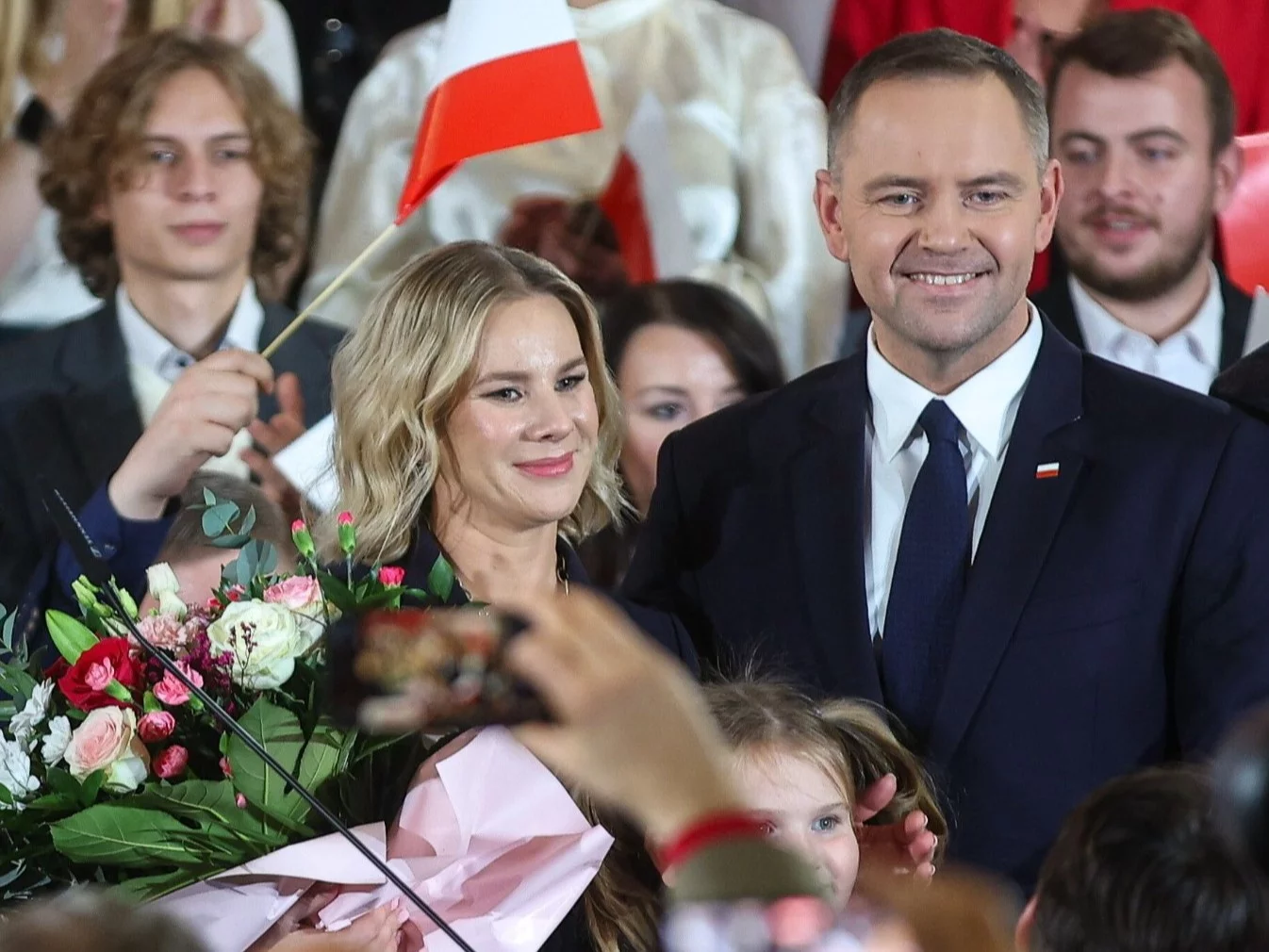
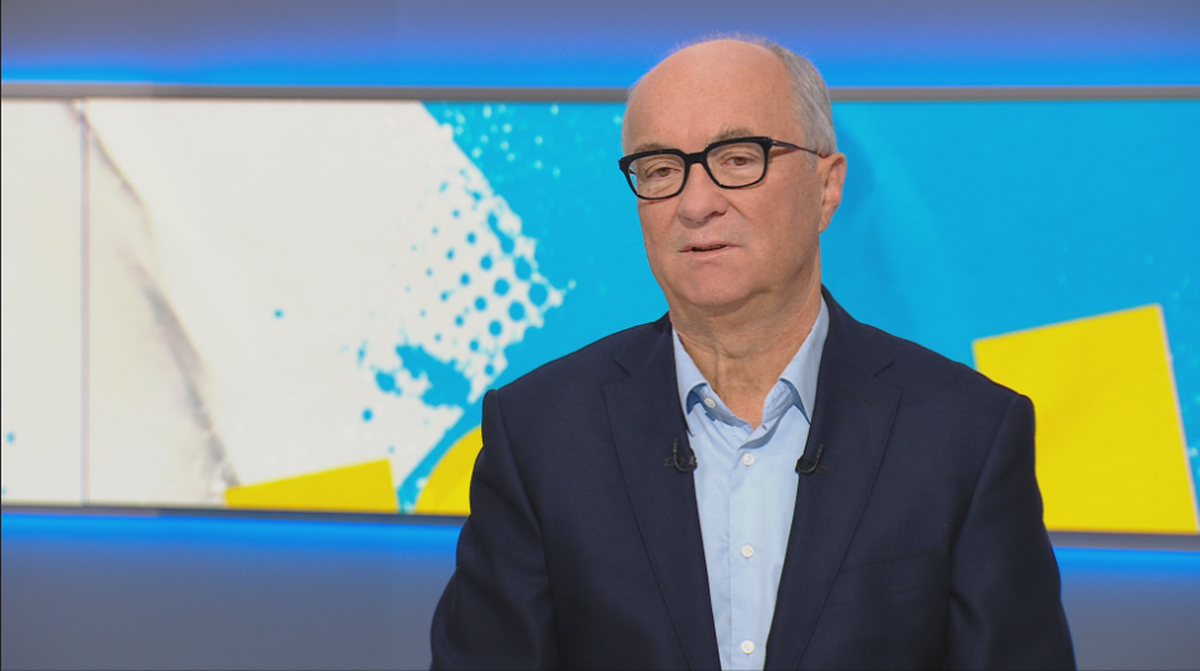

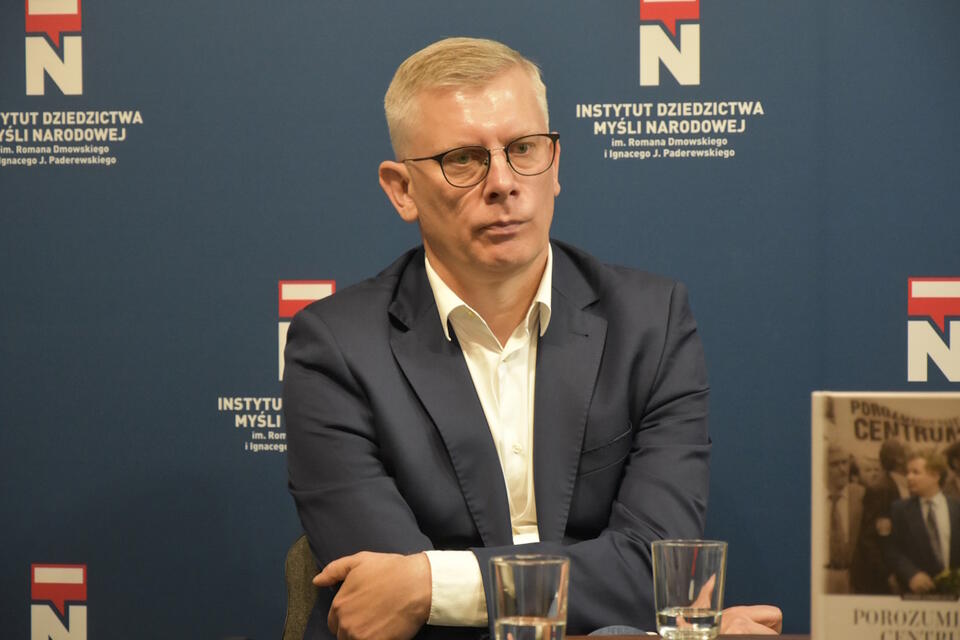
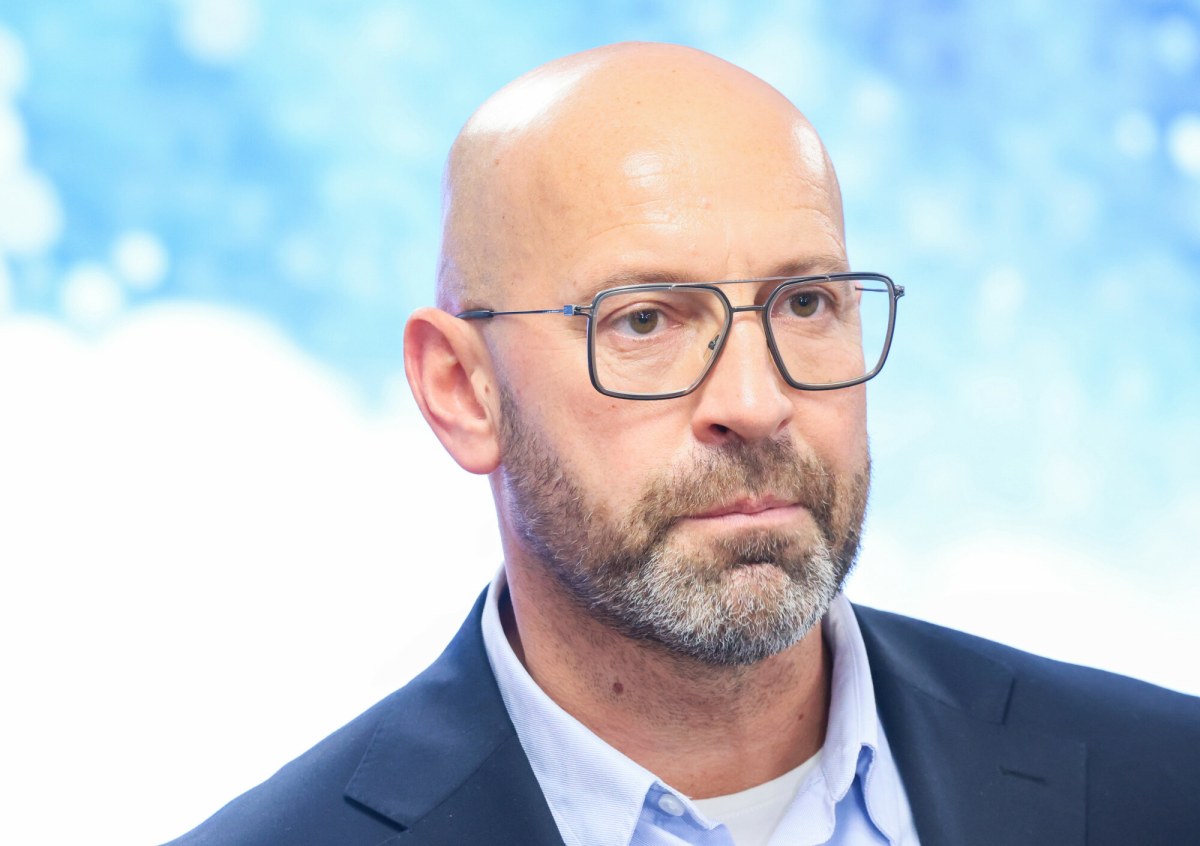
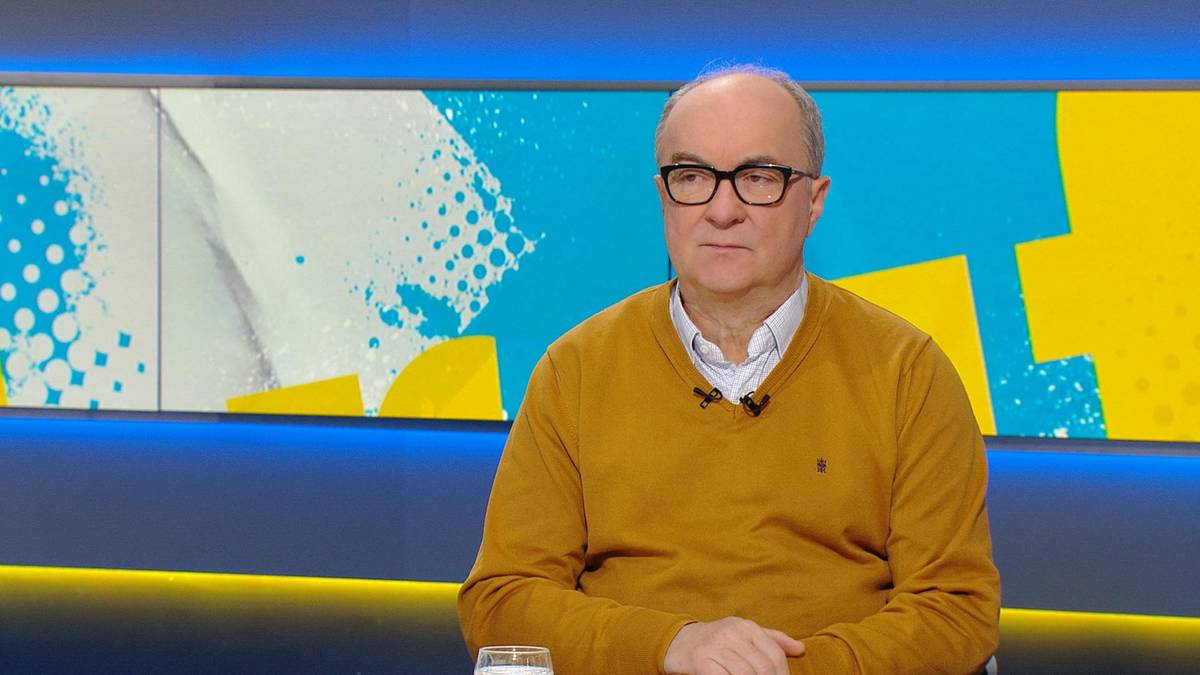
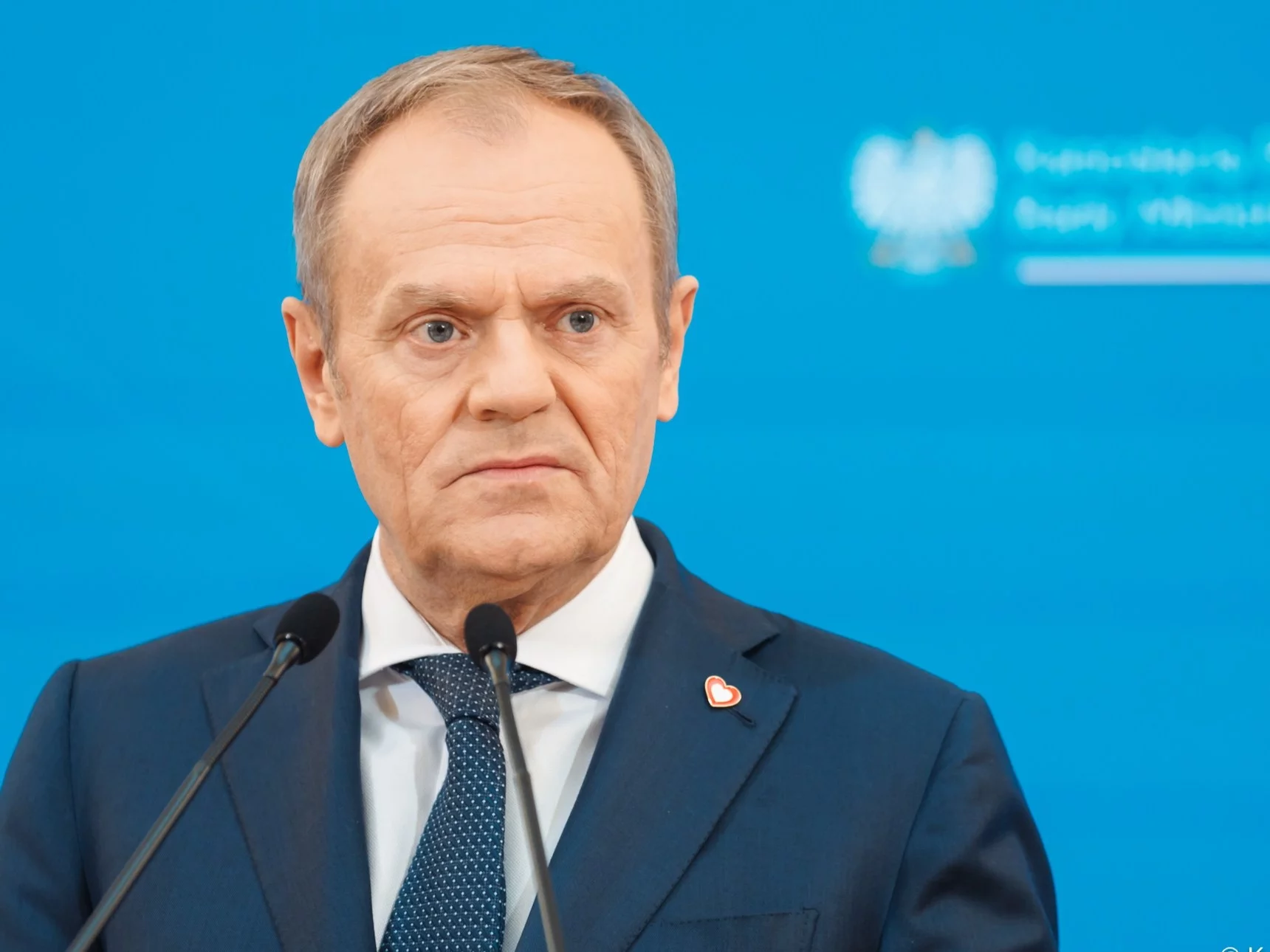

![Groził dwóm małym chłopcom, iż ich zabije. Przyłożył nóż do twarzy jednego z nich [WIDEO]](https://storage.googleapis.com/bieszczady/rzeszow24/articles/image/628c6d9b-31c6-44f7-b444-6563ed9920aa)

